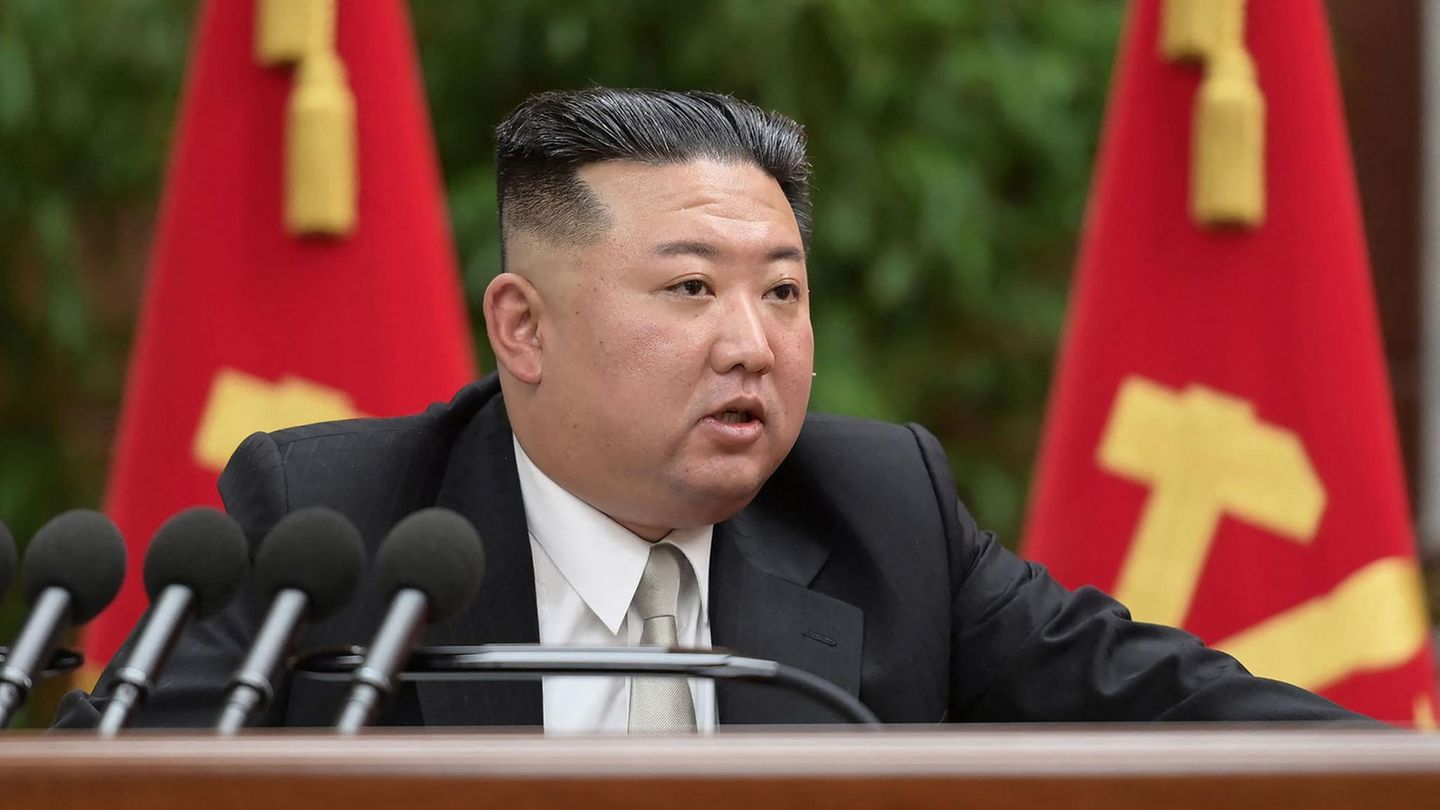In July, a US soldier illegally crossed the border from South to North Korea and was arrested. Now the state television there speaks of his alleged reasons and “racial discrimination in the US Army”.
North Korea’s power apparatus has for the first time commented on the whereabouts of a young US soldier who illegally crossed the inner-Korean border a month ago. During investigations, he admitted illegally entering North Korea, the state-controlled media in the isolated country reported. Angered by “the inhuman treatment and racial discrimination in the US Army,” he defected to North Korea.
Refuge in North Korea?
According to Pyongyang, the man expressed a desire to seek refuge in North Korea or a third country because he was “disillusioned with the unequal American society.”
North Korea
Kim’s big propaganda parade – with Russia as the guest of honor
The soldier’s case has been a mystery since his disappearance in July. As the US Department of Defense later announced, the soldier should have returned home. In South Korea, he had therefore spent a certain time in a detention center for a crime. However, he was able to withdraw from his planned journey home and join a sightseeing tour of the demilitarized zone. There he crossed the border from South to North Korea. At this point, the highly secured border between the two countries is only marked by a low concrete wall.
Pentagon wants to bring soldier home
After crossing over to North Korea, the Pentagon assured that it wanted to bring the US soldier home.
The so-called demilitarized zone separates the two Korean states. In the past few decades, Americans have crossed the border into North Korea without permission. There they were usually sentenced to several years in prison and only released after lengthy negotiations.
The incident came at a time when relations between North and South Korea are extremely tense and North Korea’s leader Kim Jong Un has called for increased war preparations and mass production of various weapons.
The two Korean states remain technically at war. The conflict between 1950 and 1953 ended with an armistice rather than a peace treaty.
Source: Stern
I have been working in the news industry for over 6 years, first as a reporter and now as an editor. I have covered politics extensively, and my work has appeared in major newspapers and online news outlets around the world. In addition to my writing, I also contribute regularly to 24 Hours World.




